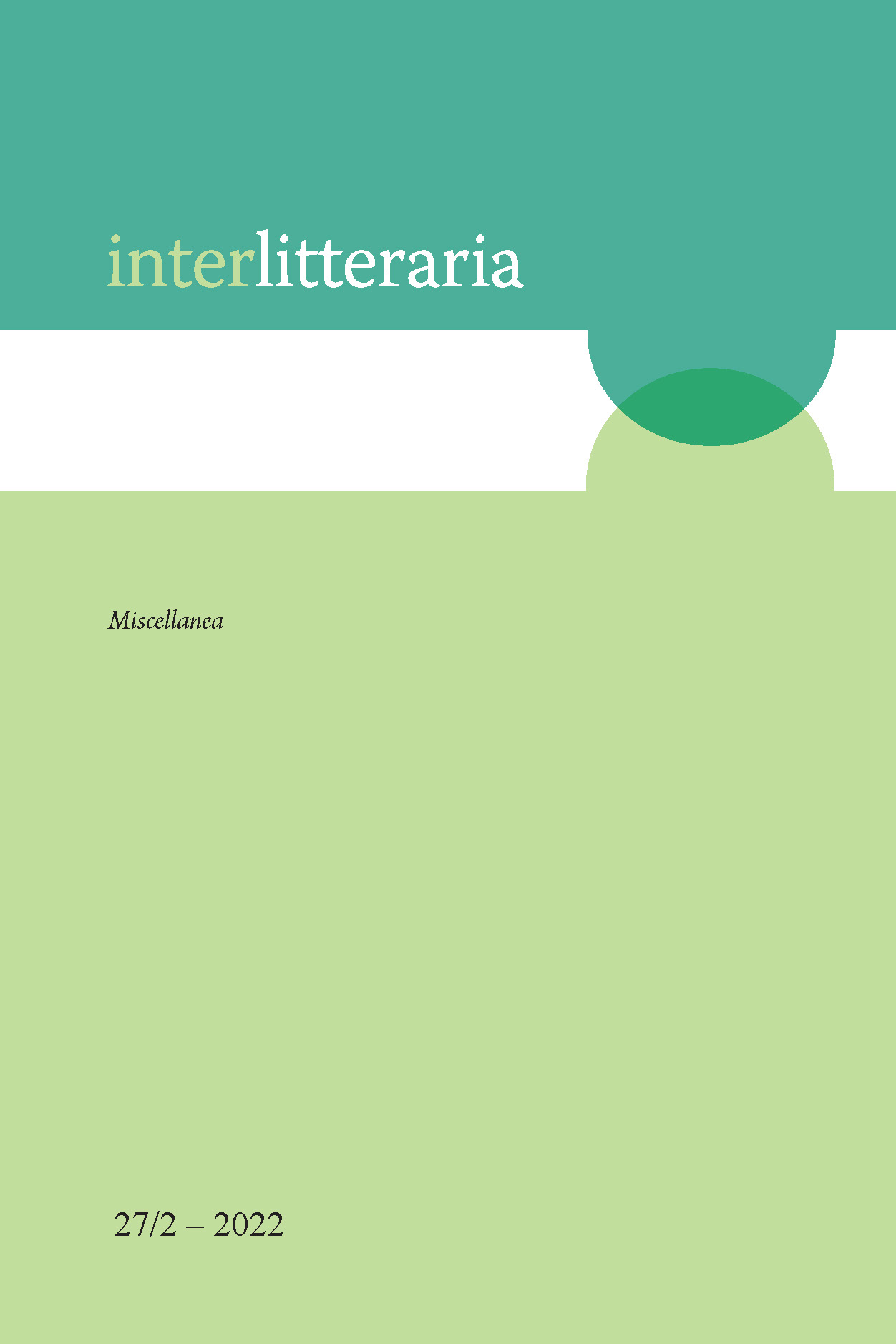Theological Discourse in the Formation of the Literary Tale: How Worldview came to Dominate Narrative
DOI:
https://doi.org/10.12697/IL.2022.27.2.9Keywords:
theological discourse, literary tale, Christian motifs, religious ethos code, reception, narrativeAbstract
This study is motivated by new perspectives that help to expend the boundaries of multidisciplinary research. The article examines the discourse on the literary tale with regard to its theological specificity of narrative and how worldview came to dominate it. The most significant examples of German, Russian, Polish, Romanian and Ukrainian tales are analysed, taking into consideration national ethos. The specifics of the genre are explored in their historical and cultural contexts, with an emphasis on the difference between the literary tale and the folktale. Previous research indicates that the poetics of literary tales of this type has not been studied sufficiently. The paper aims to examine the literary tale within an ethno-national historical context, considering the main aspects of the Christian religious ethos of the 19th century. Our methodology includes an integrative multidisciplinary approach that combines the principles of historical poetics, hermeneutics, receptive poetics and classical methods of folkloristics in the light of transitivity theory.
The findings support the idea that reception peculiarities of Christian tale poetics predominantly focus on plot development, personosphere, chronotope, Christian tokens, divine symbols and paradigms. The focused was both on the encoded religious intentions of literary tales (requiring receptive decoding of allusions) and the transparently expressed appeals to God with an emphasis on Christian hermeneutic instruction. Accordingly, fabulous archetypes related to religious morality were analysed using the example of Pushkin’s literary tales.
Overall, distinction between the genres of Christian fairy tale, Christmas tale and Christian fantasy appeared to be the most productive. We conclude that the genre matrix of the fairy tale remains open to various modifications, and consequently, fairy tale narrative structures when combined with Christian motifs actuate other genre forms. We emphasise that reception of theological discourse on a literary tale depends on the readers’ psycholinguistic competencies and the peculiarities of their religious identity.
Downloads
Downloads
Published
Issue
Section
License
The contents of Interlitteraria are published under CC BY-NC-ND licence.


